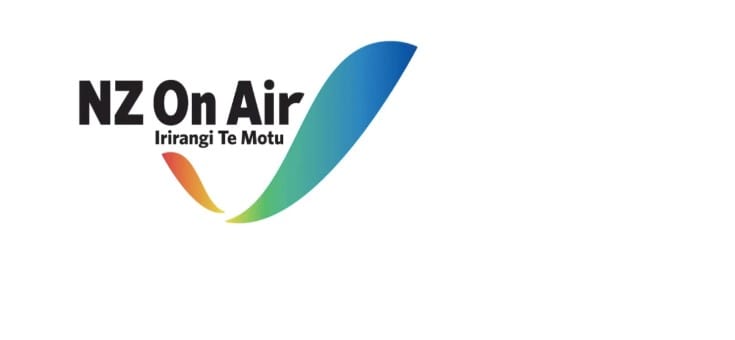Iwi across the country are keeping borders closed to outsiders as the nation moves to alert Level 3.
King Tuheitia Pootatau Te Wherowhero VII has joined the fight against the virus with the announcement of a rāhui over the Waikato and Waipā Rivers.
A rāhui is a cultural practice that can be viewed as a protective bubble prohibiting access to townships, reserves, parks and waterways as a health or conservation measure. It is normally put in place with a karakia by tangata whenua.
In a video published on the Kiingitanga Facebook page, King Tuheitia says he is behind all iwi Māori who are taking action to protect their communities.
King Tuheitia says, “Te iwi Māori, we must make decisions that are the best for us. We need to remain, as much as possible, at the highest level. I support all hapū and iwi doing what is right for them. Kia ū ki tō Mana Motuhake. Together let’s do what is good for our people.”
Rāhui may cause frustration for some hunters and fisherman, but iwi are determined to protect their communities from possible contamination and let the environment have an extended break from human contact.
TE TAI TOKERAU/NORTHLAND
In Northland, iwi volunteers have ramped-up border control with the first 24-hour checkpoint going up in Waiomio. In a video shared to Facebook by Hone Harawira, whānau from Ngāti Hine are seen working alongside police as they prepare to launch the Waiomio checkpoint.
Harawira says 30 vehicles were turned away from the Waiomio checkpoint during his time there and no drivers kicked up a fuss.
“It’s really just stopping them with police backing and asking them simple questions: Are you a local resident? Are you an essential worker? And if you don’t have the need to travel around in Level 3, would you mind turning around and going back?”
Harawira says one driver complained that he had travelled from Auckland to live in his bach in Paihia.
“Even in Level 3 people aren’t going to be allowed to do that, so go back to Auckland,” Harawira says. “We are lucky to have the support of Inspector Rick Whiu and his senior Inspector Tony Hill. It’s about us working together for a common cause.”
Harawira says the iwi and police will determine over coming days whether or not the checkpoints should remain in place. In the meantime, checkpoints will continue operating in Kaeo, Waiomio, Panguru, Mangamuka and Kaikohe.
TĀMAKI MAKAURAU/AUCKLAND
In Auckland Ngāti Whātua Ōrākei is also keeping a checkpoint in place to protect its community around Ōrākei Marae and is operating around the clock between Kitemoana St and Kupe St.
In South Auckland, Ihumātao residents are still discussing whether or not to keep their rāhui in place, which was designated at the beginning of the Covid-19 lockdown to protect five families who are living on land previously pegged for a Special Housing Area development.
WAIKATO
In the Waikato region, King Tuheitia is calling for marae and kaumātua situated along the Waikato and Waipā rivers to enact a full rāhui over the waterways.
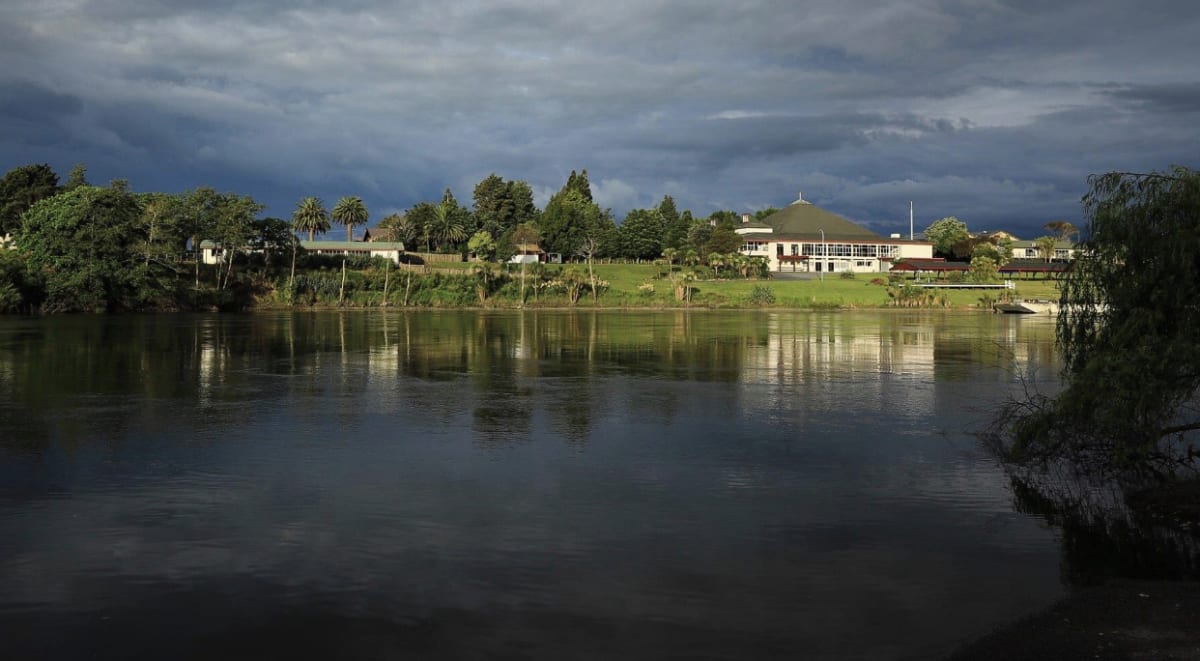
“Our rivers and waterways are a source of spiritual uplifting. During these trying times, they need to rejuvenate as well.”
Kiingitanga spokesperson, Rahui Papa, says it’s about protecting the taiao (environment) and the people.
“We want to encourage all of our communities, not just Māori, to respect the rāhui and to respect the rejuvenation and regeneration of the river.
“The best way to protect our whakapapa and to protect our people is to stay home and stay in our bubbles.”
TE PUKU O TE IKA/BAY OF PLENTY
In Rotorua, rāhui were placed on 14 lakes throughout Te Arawa over Easter weekend in an effort to support the authorities stopping people travelling to holiday destinations during the Level 4 lockdown.
Te Arawa Lakes Trust has confirmed that under Level 3 people will be able to fish from the land, kayak or paddleboard (as long as they stay close to shore), and swim – although locals say it is cold now.
The Trust continues to support the Government’s guidelines around Covid-19 and will adapt its own if the situation changes.
In Murupara, Ngāti Manawa has confirmed although checkpoints have been removed they will be put back if the country goes back to alert Level 4.
Further south in Taupō, local hapū Ngāti Tūtemohuta will keep its rāhui in place from the airport to the Hatepe hill. The hapū says the rāhui will remain until the alert restrictions have decreased to Level 1.
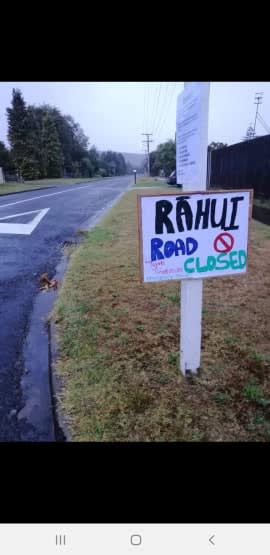
Spokesperson Ngatoru Wall says it’s time to implement tikanga Māori (Māori protocols) within Department of Conservation legislation to look after the people and the land.
“If the Prime Minister can put us into lockdown in one breath, we can do the same to allow our environment to breathe.”
She says it’s time to look at Māori practices of looking to the taiao and the māramataka (Māori lunar calendar) to determine when the taiao too needs a break.
“We have to go back to that way, whether we are Pākehā or Māori. The land is a being too, so how do we install her mauri (life source)?
“Every Māori community or hapū are looking at the same thing. But how do we use legislation to support us for the greater good of everybody?
“It’s about protection of our whakapapa,” says Wall.
Ngatoru says the rāhui enacted by Ngāti Tūtemohuta extends from Wharewaka, Waitahanui village, Waitahanui River, Awaroa foreshore, Hatepe hill and all parks and reserves in between.
TE MANAWA O TE IKA/TE UREWERA
The Te Urewera Board has confirmed all huts, camp grounds, boat ramps and walks will remain closed during alert Level 3. Board chair Tamati Kruger says this is to protect potential manuhiri (visitors) and local communities from any possible spread of the virus. Hunting and fishing will not be permitted in Te Urewera until further notice.
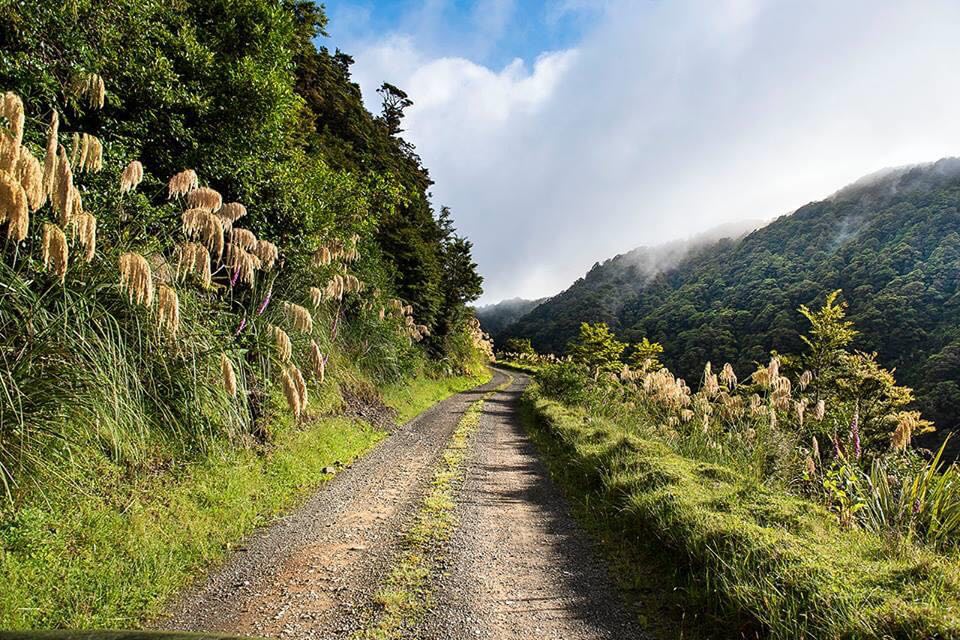
“We know that many keen hunters want to head into Te Urewera,” says Kruger, “but we are asking them for patience. Tūhoe communities are trying to safeguard everyone from the risk of transmission of the virus.
“Te Urewera is perhaps the only significant wilderness or bush area in New Zealand with living communities within it. We feel as if transmission in our isolated bush communities would leave us defenceless.”
TE TAI RĀWHITI/EAST COAST
On the North Island’s East Coast Te Whānau-ā-Apanui has confirmed their two checkpoints along State Highway 35 will remain in place for another month to protect their community of 1100 people.
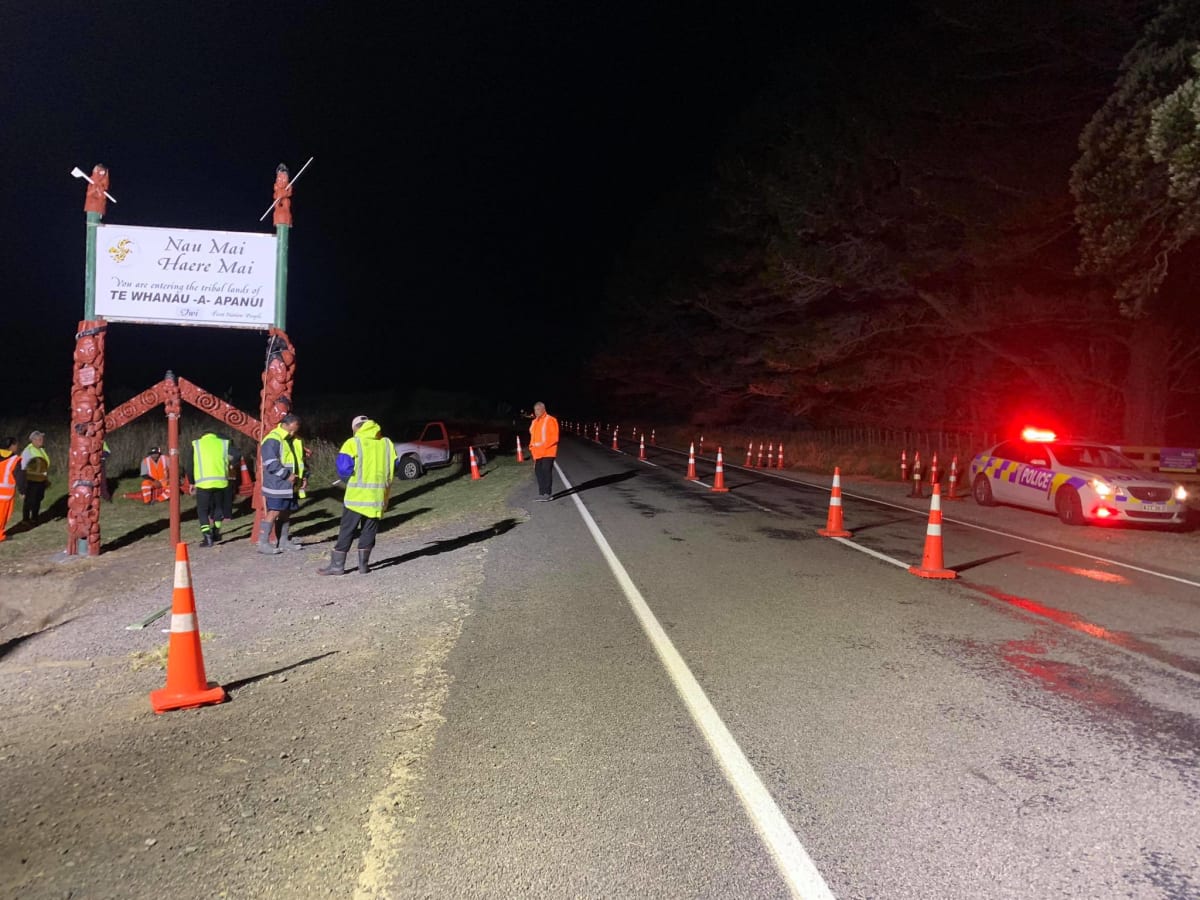
Ōpōtiki District Councillor from Te Whānau-ā-Apanui, Louis Rapihana, says all iwi volunteers are prepared to do whatever it takes for the safety of their elders, who make up around 200 of the total population.
The policy will be reviewed on May 11.
TARANAKI
Taranaki iwi have confirmed checkpoints will come into effect from Tuesday April 28 at the northern, eastern and southern boundaries of the region. Checkpoints in Urenui and Patea will be supported by police.
All checkpoints have full support from Te Rūnnga o Ngāti Tama, Te Rūnanga o Ngāti Mutunga, Te Rūnanga o Ngāti Maru, Te Kotahitanga o Te Atiawa, Te Kāhui o Taranaki, Te Korowai o Ngāruahine, Te Rūnanga o Ngāti Ruanui and Te Kaahui o Rauru.
Chair of Te Rūnanga o Ngāti Mutunga, Jamie Tuuta says the checkpoints aim to enhance efforts to stop the spread of COVID-19 in Taranaki.
“By supporting iwi volunteers to safely manage and monitor those who seek to travel into Taranaki, the eight iwi of Taranaki can feel confident that we’re all doing our part to play an important role in ensuring our most vulnerable are protected.”
TE WAIPOUNAMU/SOUTH ISLAND
Ngai Tahi hapū Ngāti Wheke has confirmed it will also be keeping a rāhui in place over Rāpaki Pā south of Christchurch.
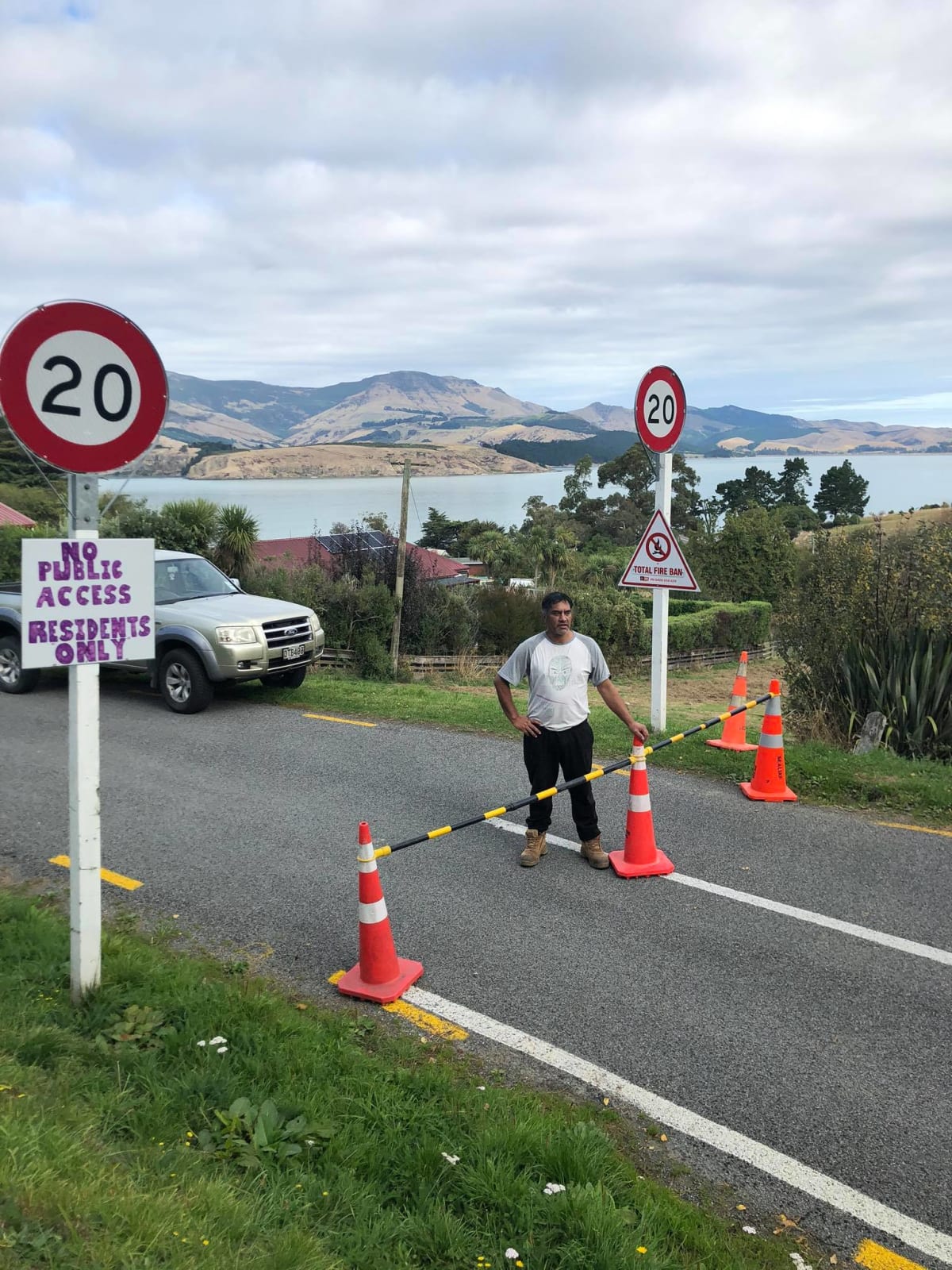
“The Government is doing a great job,” says iwi member and local resident Kylie Jane Phillips. “But the residents of our pā will ensure our own safety at this moment.”
For more details on the alert level 3 guidelines, please refer to the Government’s Covid-19 website.
* Made with the support of NZ on Air *
